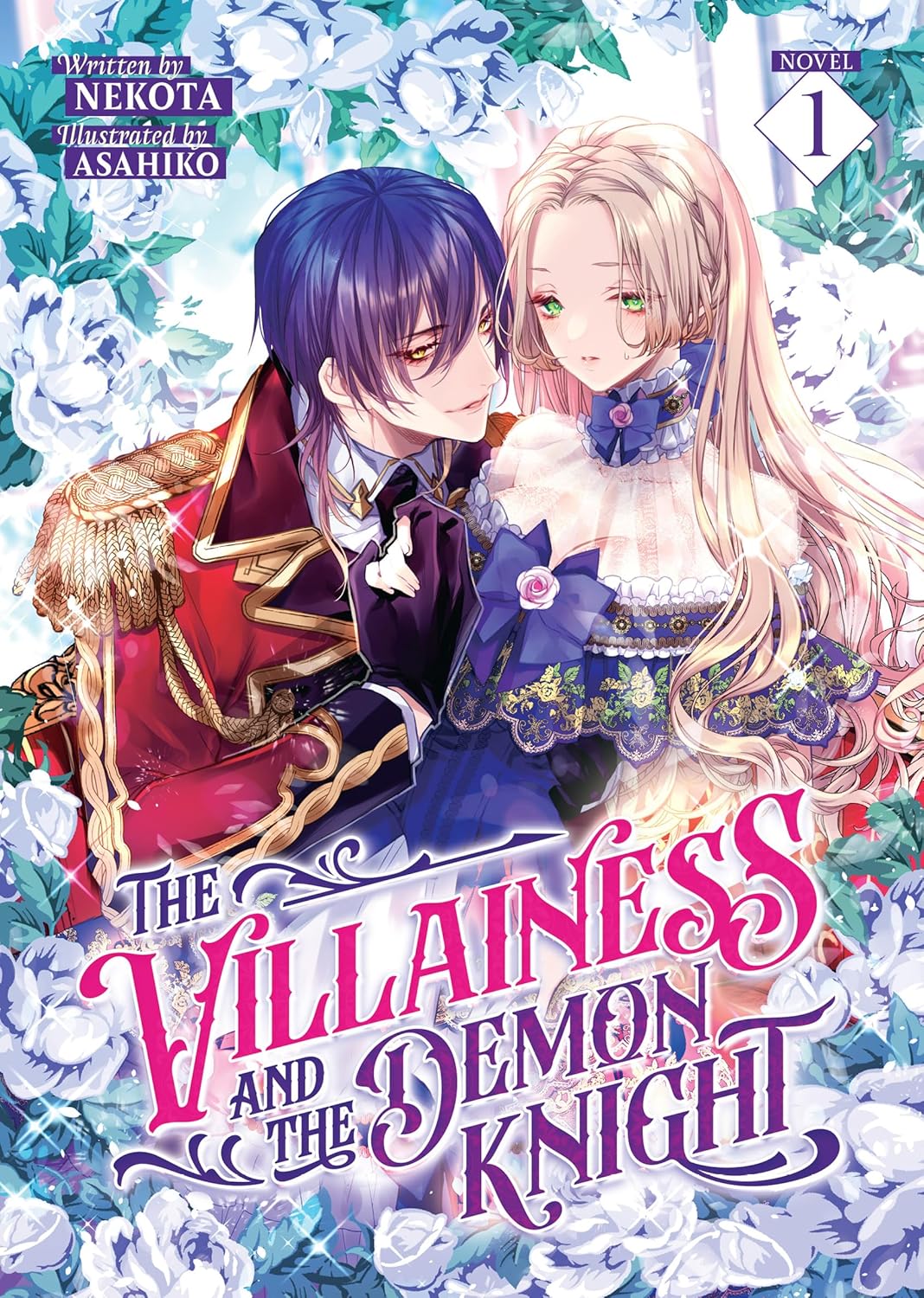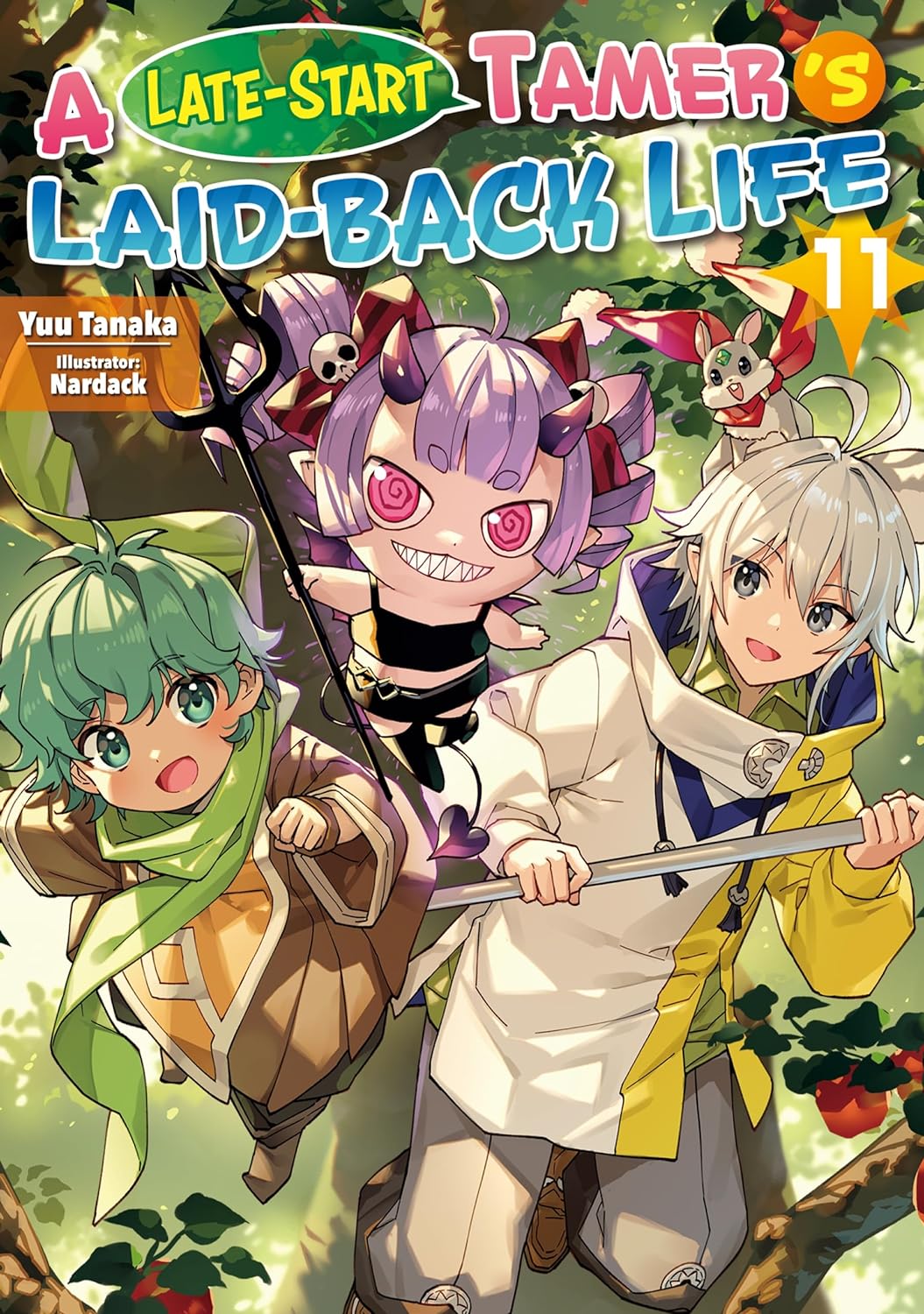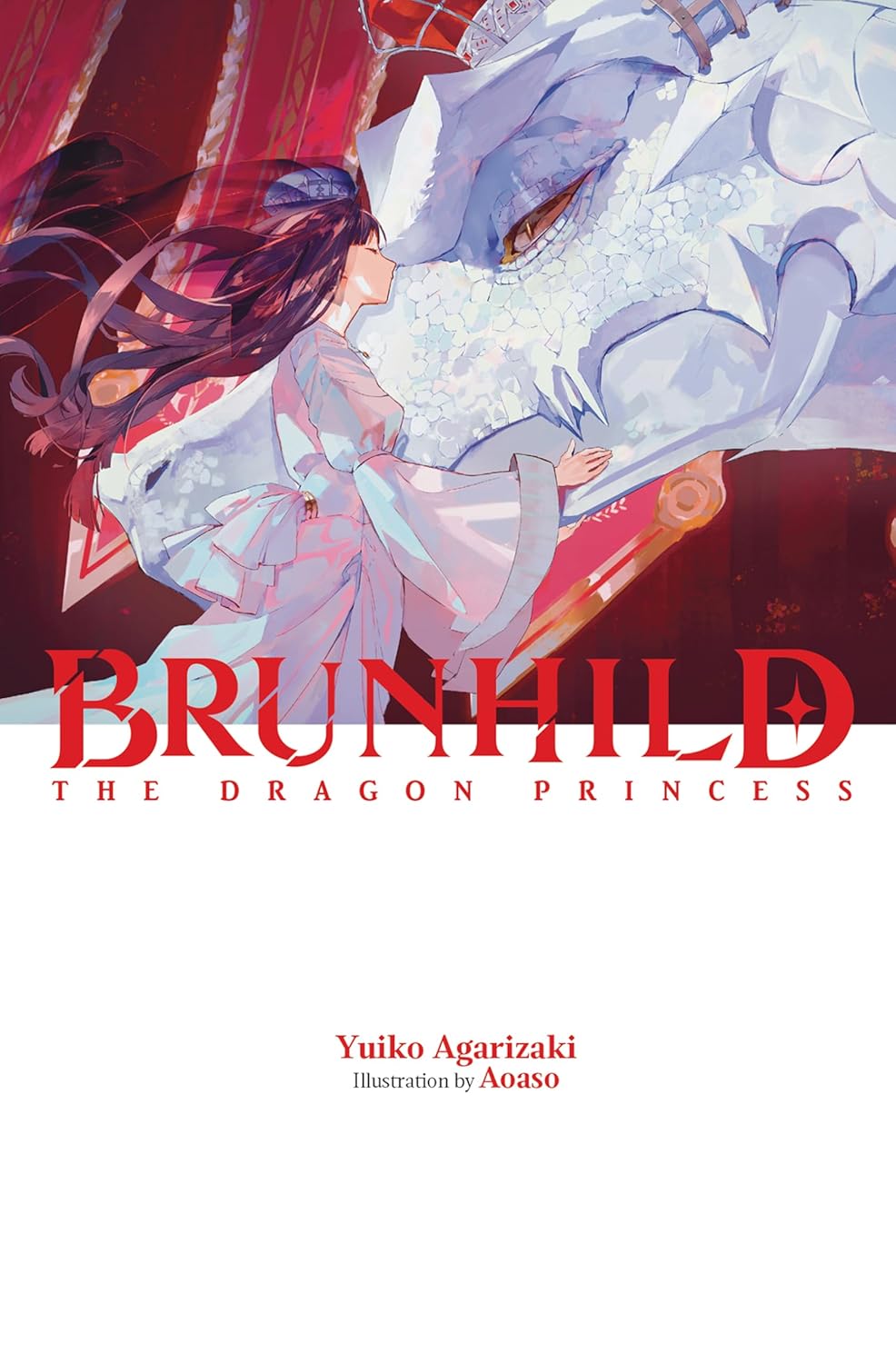By Nekota and Asahiko. Released in Japan as “Akuyaku Reijō to Kichiku Kishi” by Ichijinsha Melissa. Released in North America by Steamship. Translated by Christina Chesterfield. Adapted by Arisia Santiago.
A word of warning before we begin: this is a sexually explicit book – in fact, that’s pretty much the book’s main purpose. That said, I’m not going to be reviewing the sex writing. It’s fine, particularly if you are a fan of what I believe the kids today call “dubcon”. I will say that there is, in my opinion, a bit too much of it, though honestly there’s also a bit too much of the book in general. This book is 413 pages. It’s Loner Life sized. it’s Tanya the Evil sized. That’s possibly too much, especially since I’d estimate the writing of sex scenes by themselves take up one-third of that. That said, I enjoyed almost everything about the book when it wasn’t talking sex. The exception I’ll get to, but for the most part this is a fun and amusing cast, and has a “villainess” who is having trouble just keeping up with everything.
(Don’t like the cover, which is true to the way Cecelia is described, but also makes her look like she’s been broken.) You’ve seen this plot before. Cecelia Cline has been reincarnated in an otome game as the villainess. Unlike Catarina Claes (surely a coincidence those names are so similar), she barely has time to realize who she is before her fiance the second prince is publicly shaming her and announcing he now loves Mia, a girl of much lower station. And then suddenly Cecelia is sold off to a brothel! That was fast. What’s worse, her first customer is Lucas Herbst, a duke’s son and bodyguard for the Imperial Family. Lucas has purchased her for the entire night, and proceeds to spend it… well, you can guess how he spends it. Once we get through the sex, which starts on page 20 and goes to page 58, we start to get the actual plot, and learn – surprise – that not all is as it seems, and that Lucas and Cecelia may be a couple who have more between them than just really good sex.
The weakest part of this book is Lucas – even if I did like yandere guys, which I don’t really, he’s just less interesting in general, and doesn’t have enough soft, sweet moments to balance it out. Cecelia is pretty good – most of the book is her POV, and while a lot of it is “I am freaking out in my inner monologue” style narration, we do see that she’s working hard to become a good partner for Lucas – b oth in bed and outside it. The main thing I liked, though, was the rest of the Herbst household. Lucas’ siblings are all basic variations on “smug sarcastic asshole”, only they’re both good guys, so it’s fun. Best of all are the maids, who were also my favorite part of the manga when I read it. I love assassin-style maids, and these three are also firmly in Cecelia’s corner, and not afraid to remonstrate with Lucas when he goes too far. I hope for more of them if we see a second volume.
Yes, there are at least three more volumes to this, and it was decent enough for me to pick it up. I won’t be reading it for the sex, but the sex isn’t a reason not to get it, either. Just be aware that you’d better like that “Non-Consensual/Reluctance” tag.


